Settlement of Disputes under United Nations Organisations
🕊️ Settlement of Disputes under United Nations Organizations
🔍 Introduction
The United Nations (UN), established in 1945, was created to maintain international peace and security. One of its fundamental principles is the peaceful settlement of disputes between nations. The UN promotes various mechanisms to prevent and resolve conflicts, both judicial and non-judicial in nature.
The dispute settlement framework within the UN system is based on cooperation, diplomacy, and international law.
⚙️ Mechanisms for Dispute Settlement under the UN
✅ 1. Peaceful Means of Settlement (Article 33 Principle)
The UN encourages member states to settle disputes through peaceful means, such as:
| Method | Description |
|---|---|
| Negotiation | Direct discussion between parties to resolve disputes without outside intervention. |
| Mediation | A neutral third party facilitates discussions to help reach a voluntary settlement. |
| Conciliation | A commission investigates and proposes a non-binding settlement. |
| Arbitration | Parties submit the dispute to an impartial tribunal whose decision is usually binding. |
| Judicial Settlement | Disputes are referred to an international court for a binding legal decision. |
| Resort to Regional Agencies | Using regional organizations to address and resolve disputes. |
✅ 2. The Role of the United Nations Organs
🛡️ A. United Nations Security Council (UNSC)
Responsible for maintaining international peace and security.
Can investigate disputes, recommend peaceful solutions, and in serious cases, take enforcement measures (e.g., sanctions or authorizing force).
Can refer legal disputes to the International Court of Justice (ICJ).
🕊️ B. United Nations General Assembly (UNGA)
Can discuss and recommend peaceful settlement of disputes.
Refers legal questions to the ICJ for advisory opinions.
⚖️ C. International Court of Justice (ICJ)
The principal judicial organ of the UN.
Settles legal disputes between states and gives advisory opinions to UN bodies.
ICJ decisions are binding between the disputing states.
🏢 D. Other UN Agencies (e.g., UNESCO, WHO, WIPO)
May have internal dispute resolution mechanisms for specific areas (e.g., health, education, intellectual property).
Disputes between states regarding treaty obligations under these agencies may also be referred to the ICJ or resolved through arbitration.
📚 Case Law Illustrations
🔹 1. Corfu Channel Case (United Kingdom v. Albania, 1949)
Facts: British naval ships were damaged by mines in Albanian waters.
Dispute: Whether Albania was responsible for failing to warn about mines.
ICJ Decision: Held Albania responsible; emphasized state obligations in peace times.
Significance: Demonstrated the binding judicial settlement role of the ICJ under the UN.
🔹 2. Nicaragua v. United States (1986)
Facts: Nicaragua accused the U.S. of supporting armed rebels and violating its sovereignty.
ICJ Decision: Ruled in favor of Nicaragua and found U.S. actions in violation of international law.
Significance: Reinforced that even powerful states are accountable under the UN's judicial system.
🔹 3. Advisory Opinion on the Legality of the Threat or Use of Nuclear Weapons (1996)
Request: By UNGA to the ICJ.
Opinion: ICJ stated that use of nuclear weapons is generally contrary to international law, but remained inconclusive in extreme self-defense cases.
Significance: Demonstrated the ICJ’s role in advising UN organs on complex international issues.
🔹 4. Bosnia and Herzegovina v. Serbia and Montenegro (2007)
Facts: Bosnia accused Serbia of genocide during the Balkan conflict.
ICJ Decision: Found Serbia failed to prevent genocide but not directly responsible.
Significance: Showed the ICJ’s capacity to handle sensitive and complex disputes related to international crimes.
🧠 Importance of UN Dispute Settlement Framework
Prevents escalation of conflicts between states.
Reinforces the rule of law in international relations.
Offers a variety of peaceful tools and mechanisms tailored to each conflict.
Ensures that smaller or weaker states have a fair platform to raise grievances.
Enhances cooperation and diplomacy over confrontation.
🏁 Conclusion
The United Nations plays a vital role in promoting the peaceful settlement of international disputes. Through its organs—especially the Security Council, General Assembly, and the International Court of Justice—the UN provides a comprehensive framework for both diplomatic and legal resolution of conflicts.
The variation of mechanisms, from negotiation and mediation to binding judicial decisions, ensures flexibility and fairness. The UN’s system aims to protect international peace, justice, and the sovereignty of nations, ensuring that disputes are resolved without violence and in accordance with international legal principles.


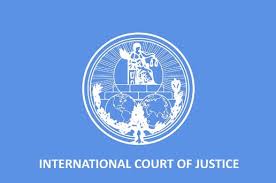
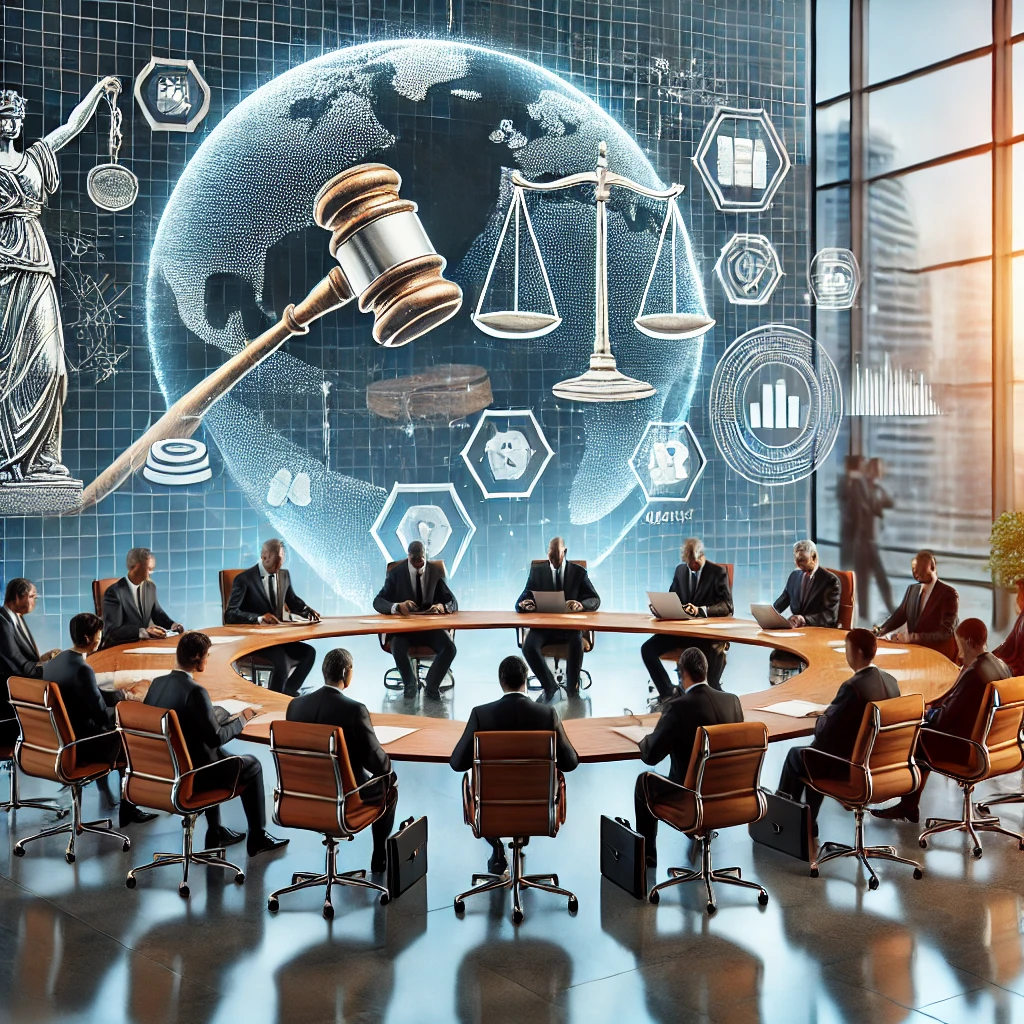
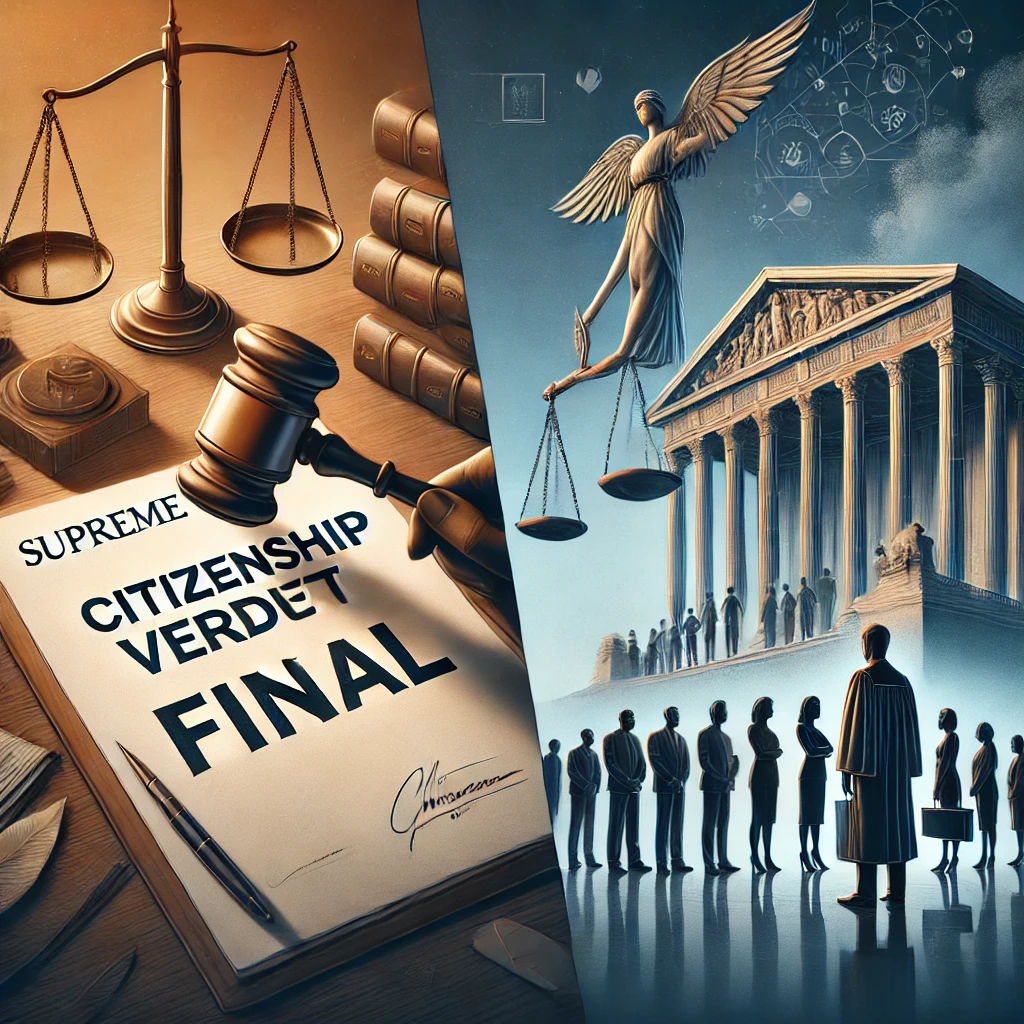
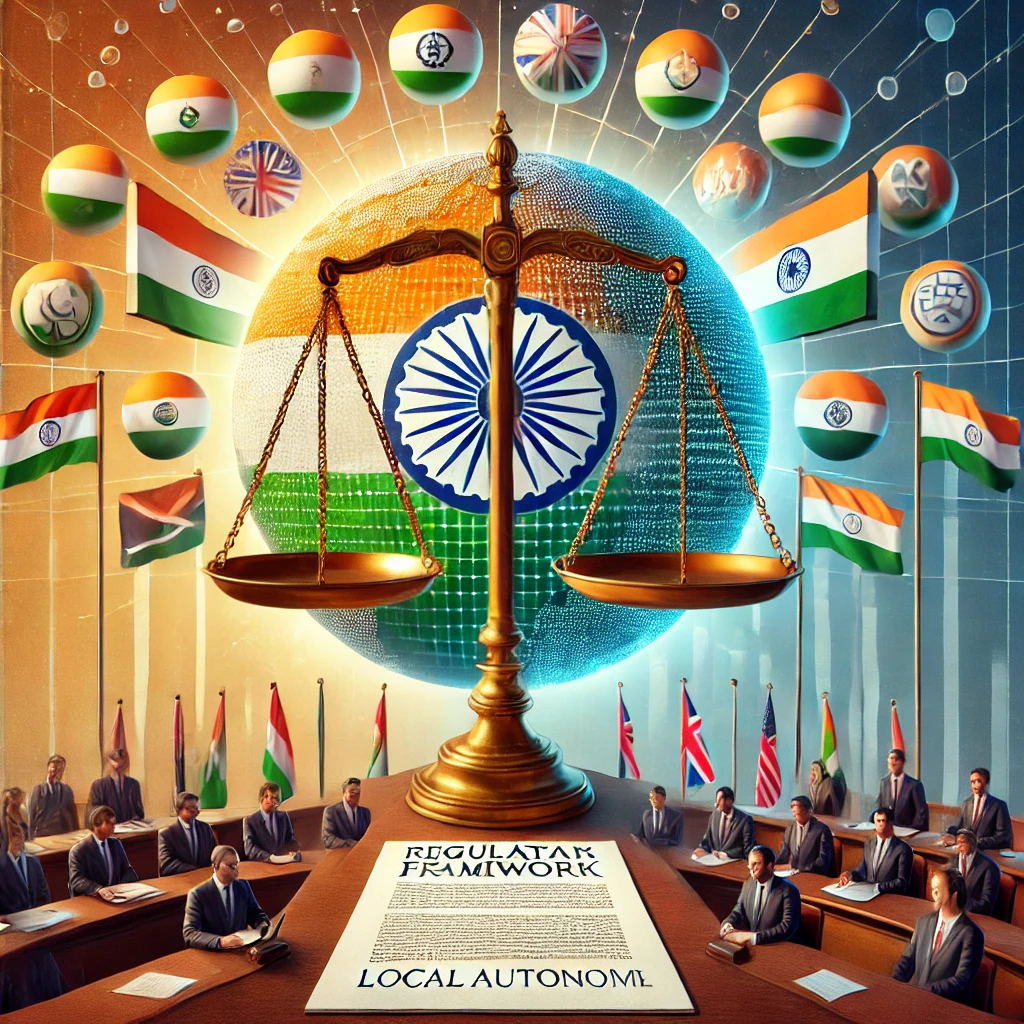



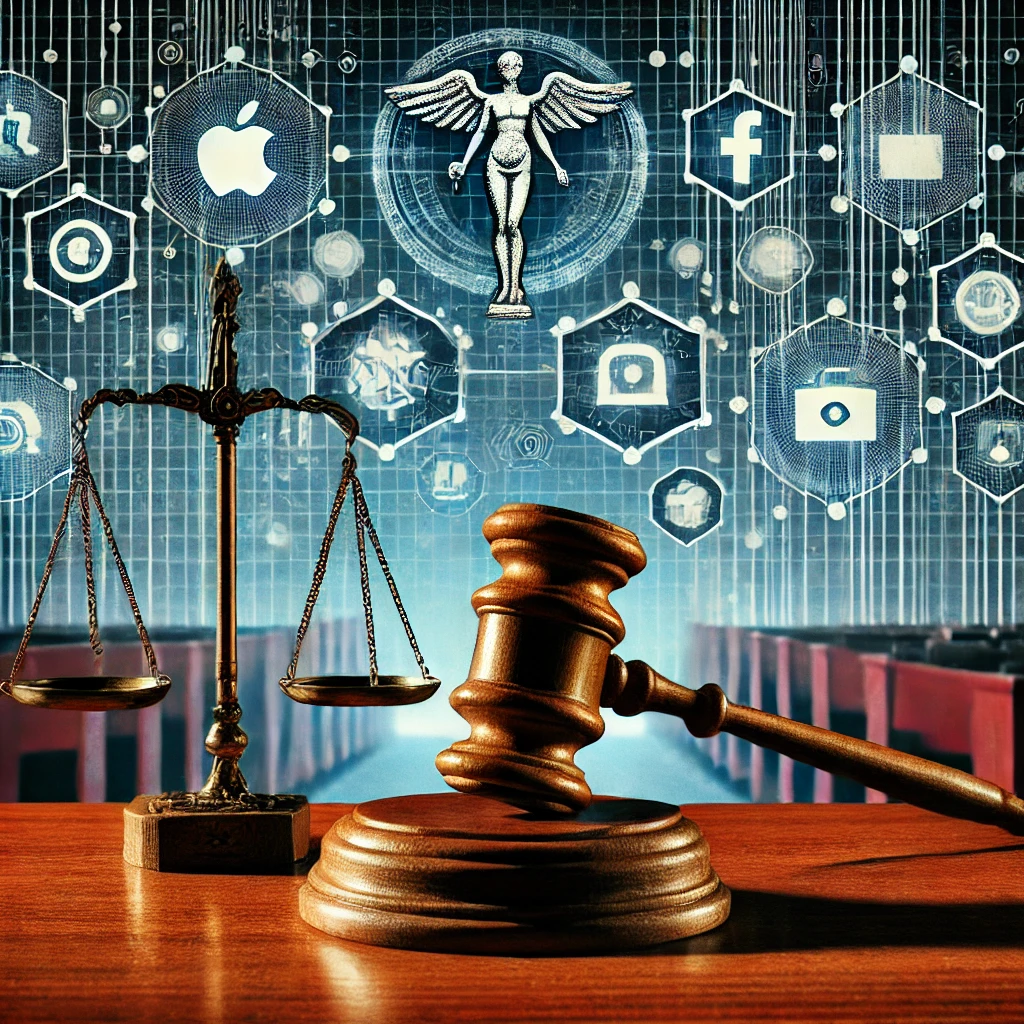


comments